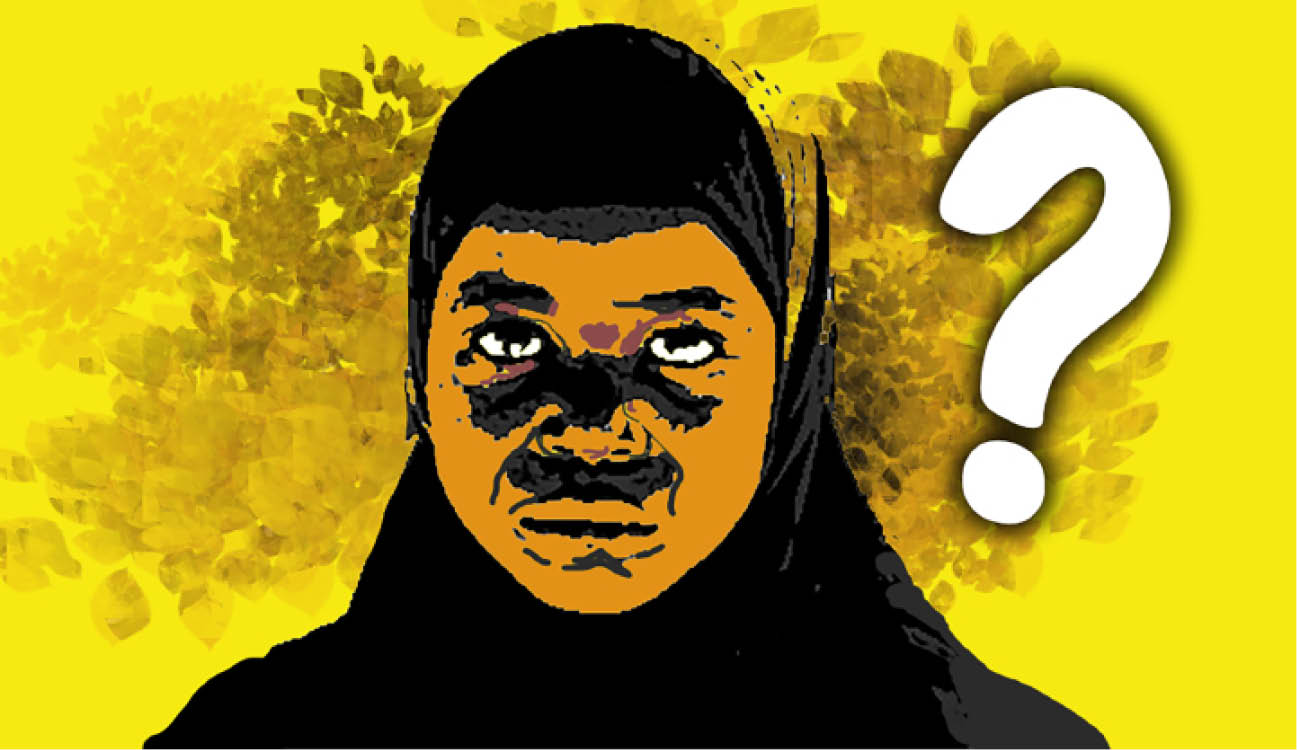After weeks of stormy arguments and vehement resentments, dust is beginning to settle down in Ilorin, Kwara state, over the hijab controversy that has become a recurring decimal in Nigeria. To forestall violence, Kwara state government had to close down ten schools where female Muslims students were disallowed from wearing hijab to school. These are grant-aided schools operated by Christian missions in the state, which for honourary reasons were allowed to retain the names of their founding organisations. The schools are being wholly funded, staffed, manged and controlled by the Kwara state government since it took them over in 1974.
It is sad that students are being sent out of schools to stay at home not because of school fees, or any industrial actions by teachers, or a public health emergency such as the COVID-19 pandemic but for the unfortunate reason of religious intolerance as happened in Kwara state. In some states of Northwest and Northcentral Nigeria, schools are closed down due to insecurity occasioned by kidnapping, banditry, and insurgency. Regrettably, these are regions of the country described as educationally disadvantaged. This explains why an inconsequential issue such as hijab should not be allowed to become the source of crisis at a time the country is on socio-economic trial.
- It was difficult introducing my business to clients – Female painter
- Queen Amina’s descendant wants action on rape, gender violence
The latest controversy began when a female Muslim student who wore hijab to one of the grant-aided schools was asked to remove her hijab at the assembly ground. After consultations and dialogue with relevant stakeholders, Kwara state government which shut down the affected schools on February 19, 2021 felt the atmosphere had calmed down and was safe for students in these schools to resume their classes. Unfortunately, Muslim schoolgirls who wore hijab were disallowed from entering in to their schools. At the Baptist School situated in the Surulere area of Ilorin, for instance, female Muslims who appeared in hijab were turned back; resulting in Muslim and Christian leaders throwing stones at each other. Few days later, the same chaos again ensued at the Sabo-Oke parish of the Cherubim and Seraphim School in Ilorin where the two opposing groups preferred to resolve their differences over the hijab controversy by becoming violent.
A situation where religious leaders or parents would respond to Muslim schoolgirls’ use of hijab by directing or joining their children to indulge in any form of violence such as throwing stones is very unbecoming and denigrating of those who should guide and teach young Nigerians to imbibe the ethos of religious tolerance. It is sad that for over a century that Nigerians have lived together as Muslims and Christians, most people have failed to understand, appreciate and tolerate our natural differences, particularly religious disparities. Maybe, those who believe that this world or Nigeria should be for only Muslims or for Christians alone are saying that God’s choice in making Nigeria a multi-religious country was a mistake. Subhana-llah!
If a Muslim parent believes that his or her child is not at the risk of losing his Muslim faith by attending a school run by Christians, it sounds absurd for the proprietor of a Christian missionary school to think that the wearing of hijab by female Muslim students would alter the Christian heritage of the school. The lingering controversy over the use of hijab is one that often sprouts form sheer intolerance. Such was the case when in 2016 the Osun State chapter of the Christian Association of Nigeria (CAN) directed Christian students in the state to go to school in church robes. Christian students of the Baptist High School, Adeeke in Owo town as well as those attending the Salvation Army Middle School, Alekuwodo, both in Osun state complied with CAN’s directive by wearing church robes to school. The two schools were missionary schools taken over by the Osun state government in 1975.
Osun State CAN’s directive was a response to a State High Court ruling which legalized the use of hijab by female Muslim students. As religious leaders, we are treading a dangerous path by expressing bigotry before those we expect to take charge of the affairs of this country, sooner or later. Bigotry is one form of conscious extremist tendency that should never be allowed to manifest in our private and public lives. Let us remember that our children are watching.
The Secretary to Kwara State Government Professor Mamman Saba Jibril in an advertorial published in the Wednesday March 17, 2021 edition of Daily Trust newspaper clarified that government is not imposing the hijab on anyone; saying it is not mandatory for all schoolgirls to wear hijab. “Rather, the state government approves hijab for any Muslim schoolgirl who wishes to use it. The government is only respecting the fundamental human right of those schoolgirls. Nothing more,” Jibril said.
Various court judgments referred to provisions of Section 38 of the 1999 constitution of the Federal Republic of Nigeria as amended to grant female Muslim students the right to wear hijab to school. Government interprets the attempt by any person or group to stop Muslim schoolgirls from wearing hijab in public schools as a “violent contravention of this constitutional provision.” Besides the judgment of the Kwara State High Court of 2016 and that of the Court of Appeal of 2019 on the use of hijab by Muslim schoolgirls, some states in southwest Nigeria including Lagos, Osun, Ekiti, and Oyo have all but separately gone through the same controversy, which various court judgments resolved by allowing interested Muslim schoolgirls to use hijab.
An end to this controversy is, perhaps, in sight. A bill to institutionalise hijab recently passed second reading in the House of Representatives. The bill titled “Religious Discrimination (Prohibition, Prevention) Bill, 2021” is sponsored by the Deputy Chairman of the House of Representatives’ Committee on Finance and Member representing Bida/Gbako/Katcha Federal Constituency in Niger State, Honourable Saidu Musa Abdullahi. The bill is seeking to provide a mechanism for enforcing certain provisions of the Constitution that recognizes the right of females to wear hijab in both public and private establishments in Nigeria.
Leading the debate at the plenary, Honourable Saidu cited instances where some citizens lose job opportunities or are hindered from having access to certain rights and privileged because of the religion they practice. The bill, when passed in to law, will address religious discrimination against female Muslims that wear hijab. May Allah touch the hearts of the bigots among Nigerians so that we can all live in harmony, amin.

 Join Daily Trust WhatsApp Community For Quick Access To News and Happenings Around You.
Join Daily Trust WhatsApp Community For Quick Access To News and Happenings Around You.

